Publications
Articles, publications, books, tools and multimedia features from the U.S. Institute of Peace provide the latest news, analysis, research findings, practitioner guides and reports, all related to the conflict zones and issues that are at the center of the Institute’s work to prevent and reduce violent conflict.
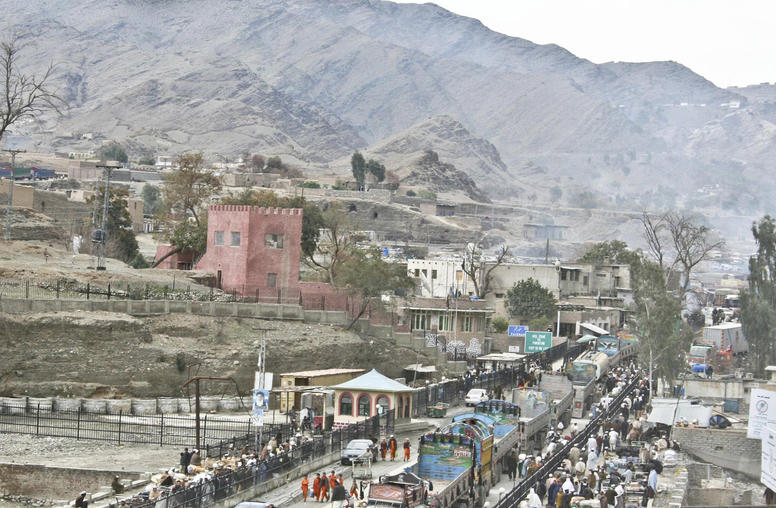
An Essential for Afghan Peace: Funding the Government
A critical ingredient for the current efforts to bring stability and peace in Afghanistan is the Afghan state’s ability to pay for more of its own operations. Despite optimistic new reports from the Afghan government, its actual revenues stagnated last year. With international donors still funding around half of Afghan government expenses, urgent improvements are needed in the way the government collects and measures its revenues. These changes are vital to persuade donors to sustain funding when their current assistance pledges expire in just 10 months—and to help strengthen the government in prospective negotiations with the Taliban.
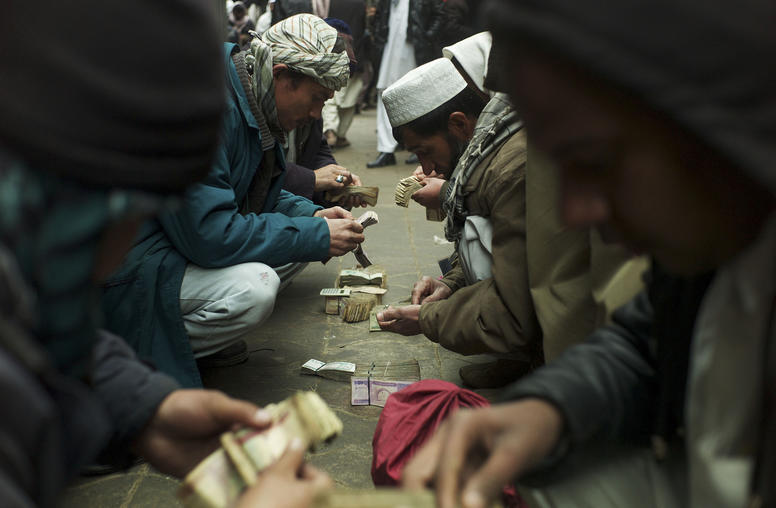
Dismembering Afghanistan’s Ministry of Finance
In Afghanistan, where corruption and ineffective government have hampered efforts to build a functioning state, the Ministry of Finance has been a standout performer. Competently run since as early as 2002, the ministry collects substantial revenue, manages aid inflows, pays public employees, funds key public services and has won the confidence of donors. Now, all that is threatened. The Afghan government is eviscerating the ministry—carving out key constituent parts, putting them directly under the presidential palace, and gravely weakening one of the country’s most effective institutions. It’s a move that’s bad for Afghanistan’s governance and financial viability. It will harm the country’s development and jeopardizes the sustainability of peace if an agreement is reached with the Taliban.
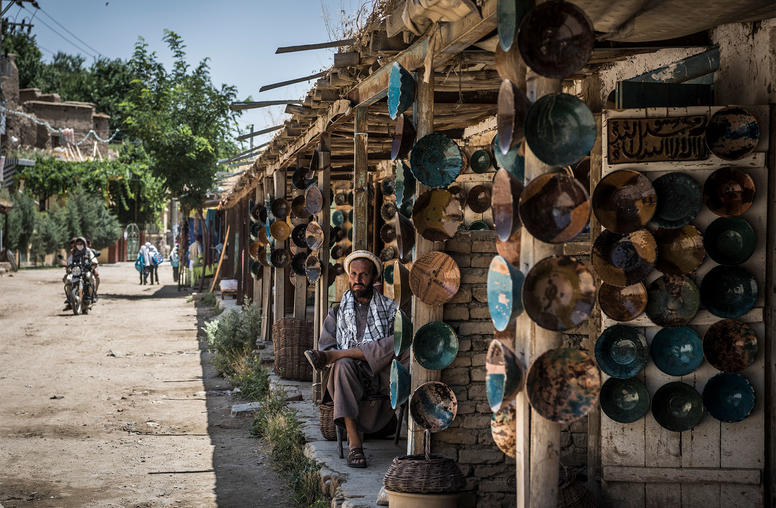
Afghanistan Donor Conference 2020: Pitfalls and Possibilities
When Afghan officials and international donors meet next month to consider future aid commitments to Afghanistan, they will face a changed situation from their last gathering four years ago. Then, the focus was on tying financial assistance to government reform in the midst of ongoing war with the Taliban; peace was barely on the agenda. Now, peace talks between the Taliban and the government have begun, and a new Afghan administration is still taking shape with an agreement that resolved the disputed 2019 presidential election. Meanwhile, fighting and casualties remain at unsustainable levels and the country is reckoning with the COVID-19 pandemic and its consequences.
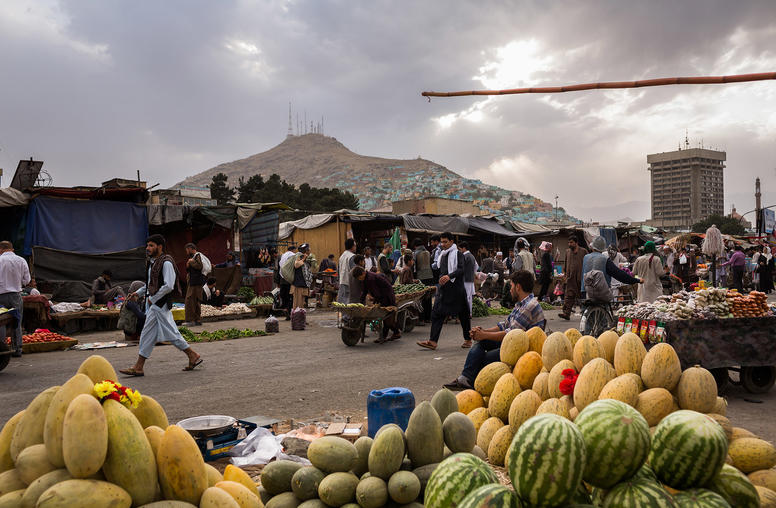
Afghanistan Aid Conference Yields Mixed Results
The quadrennial international donor conference for Afghanistan, held virtually late last month from Geneva, was largely shaped by the pitfalls and roadblocks forecast months ago when the event was publicly announced. Delays in the peace process, worsening violence, and unveiling of plans for further U.S. troop reductions left the meeting’s potential unmet. Yet amid the unsatisfying results, some hopeful rays broke through. In particular, the size and duration of aid pledges provided at least something to build on.
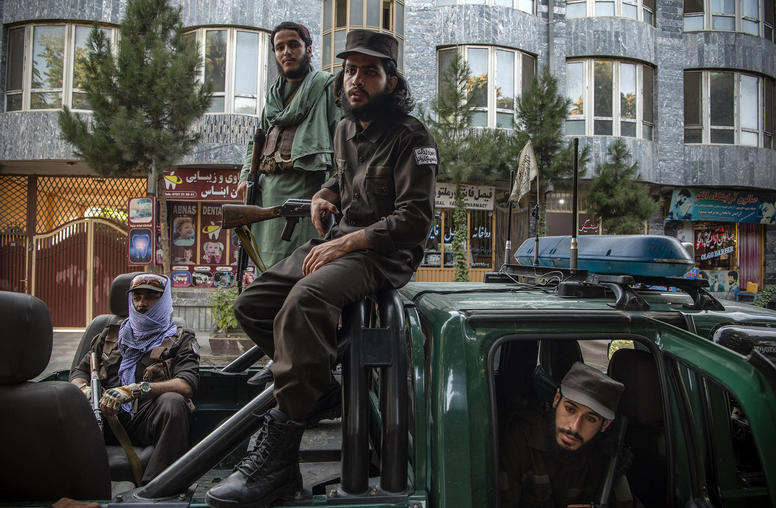
Afghanistan’s Crisis Requires a Coherent, Coordinated International Response
Over the past year, especially in recent months, the Taliban have made several missteps. The consequences are not a threat to their power in the short run but will damage their ability to govern as well as, potentially, their longer-term cohesion. Unfortunately, these missteps will harm the Afghan people much more, both directly and through their adverse impact on humanitarian aid.
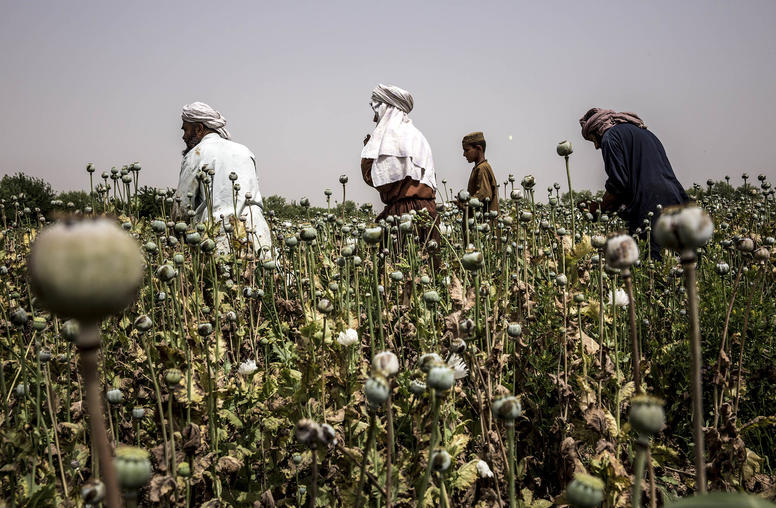
The Taliban’s Successful Opium Ban is Bad for Afghans and the World
The Taliban have done it again: implementing a nearly complete ban against cultivation of opium poppy — Afghanistan’s most important agricultural product — repeating their similarly successful 2000-2001 prohibition on the crop. But the temptation to view the current ban in an overly positive light — as an important global counter-narcotics victory — must be avoided. This is particularly true given the state of Afghanistan’s economy and the country’s humanitarian situation. Indeed, the ban imposes huge economic and humanitarian costs on Afghans and it is likely to further stimulate an outflow of refugees. It may even result in internal challenges for the Taliban itself. And, in the long run, it will not have lasting counter-narcotics benefits within Afghanistan or globally.
Afghanistan’s Post-Tokyo Presidential Decree Both More and Less than Meets the Eye?
Afghanistan’s Presidential Decree of July 21 has been billed as an “anti-corruption decree,” setting forth the Afghan government’s concrete plans for fighting corruption. But even a cursory reading reveals the decree is about far more than just anti-corruption. In fact, it appears to be a detailed short-term work program for 32 government ministries and agencies, also including suggestions for actions by the National Assembly and the Supreme Court.
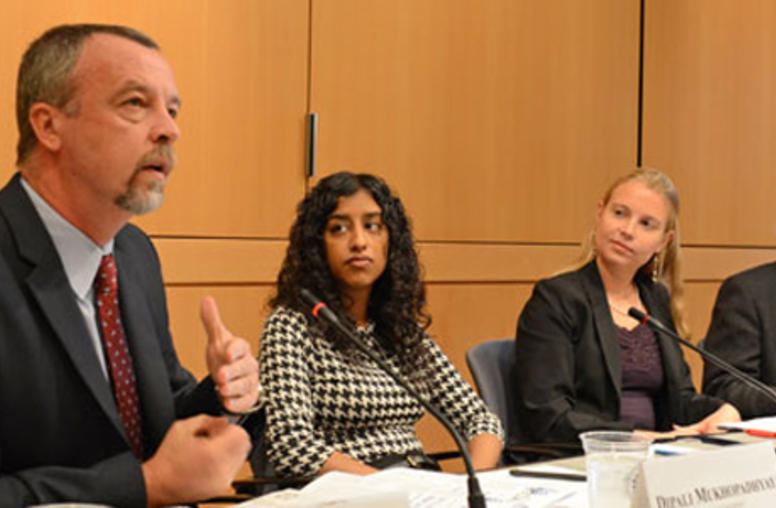
USIP Experts Draw on Afghan History for Transition Lessons
Frances Z. Brown and William Byrd, two of USIP's Afghanistan specialists, discuss the challenges facing Afghanistan in transitioning to full national control over its security and domestic affairs as international military activity and other assistance wind down.
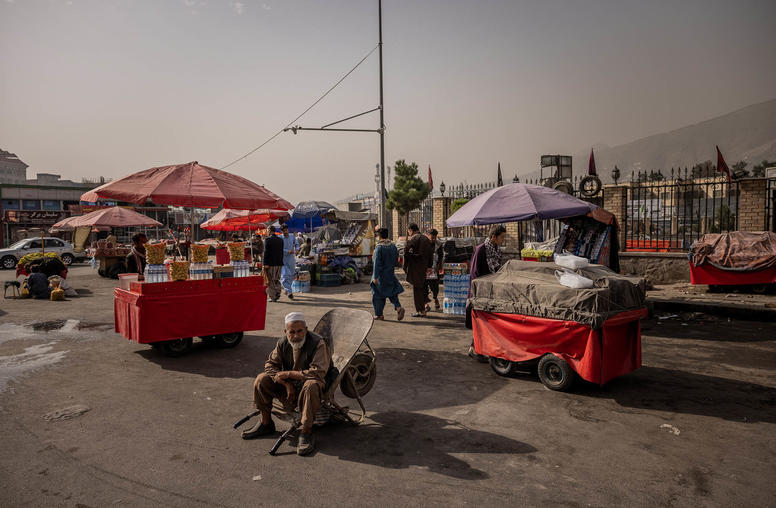
Afghanistan’s Economy Once Again Nears the Precipice
More than two years into Taliban rule, Afghanistan remains one of the poorest countries in the world with some of the highest humanitarian needs. The situation has shown some signs of stabilizing over the last year — but many Afghan households are still struggling to procure basic needs, and many women have been driven from the workforce altogether. Unfortunately, financial troubles loom ahead, and the already beleaguered Afghan economy is now projected to decline. Combined with population growth and the influx of thousands of Afghans forced to return from neighboring Pakistan, this is a recipe for increased humanitarian need over the longer term in the absence of major structural and political reforms.
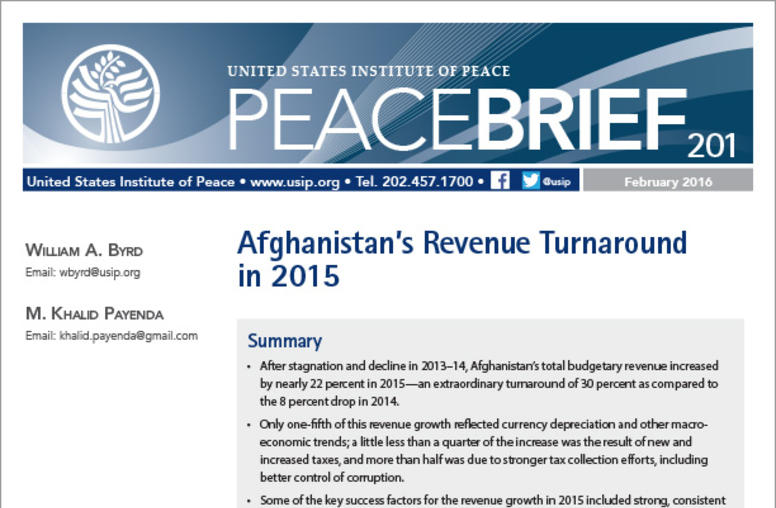
Afghanistan’s Revenue Turnaround in 2015
Afghanistan experienced an impressive revenue turnaround in 2015. This brief examines the sources of the revenue increase and the actions that helped spur it, and discusses lessons learned and future challenges.